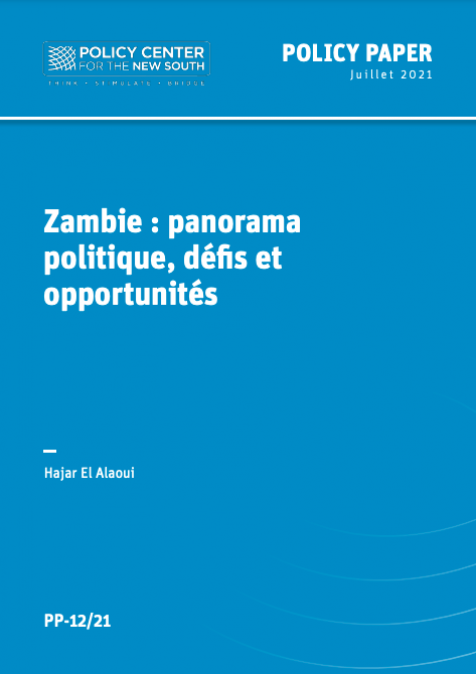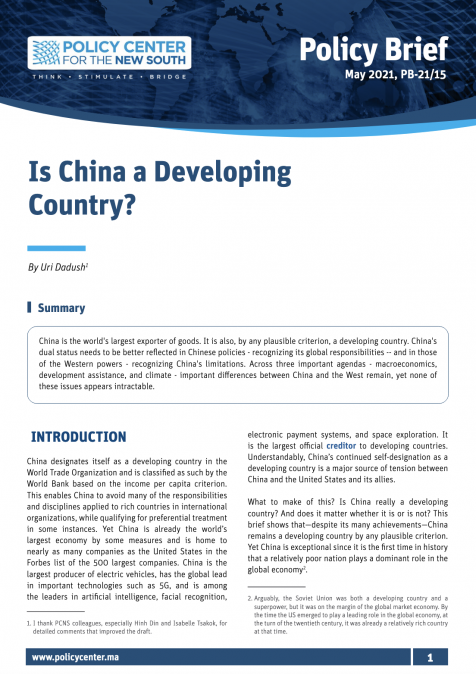Publications /
Book / Report
2024 marked the largest election year in history, with millions of people across the world going to the polls to elect their representatives and leaders. However, in the Global North, Donald Trump’s decisive election victory in the United States threatens to undermine multilateral governance structures that are already under strain. In the Global South, emerging economies from the expanded BRICS group and beyond strive to speak with a single voice, and their actions continue to be shaped by national dynamics.
How will domestic shifts impact international collaboration across the globe? Will we experience new trade wars? Will efforts to tackle climate change slow down? And how to restore hope and support a newfound impetus in multilateral governance?
Seeking to answer these questions, the Italian Institute for International Political Studies (ISPI), the Observer Research Foundation (ORF) in India and the Policy Center for the New South (PCNS) in Morocco, are delighted to announce the launch of the 2nd Annual Trends Report, involving experts from the three think tanks.






